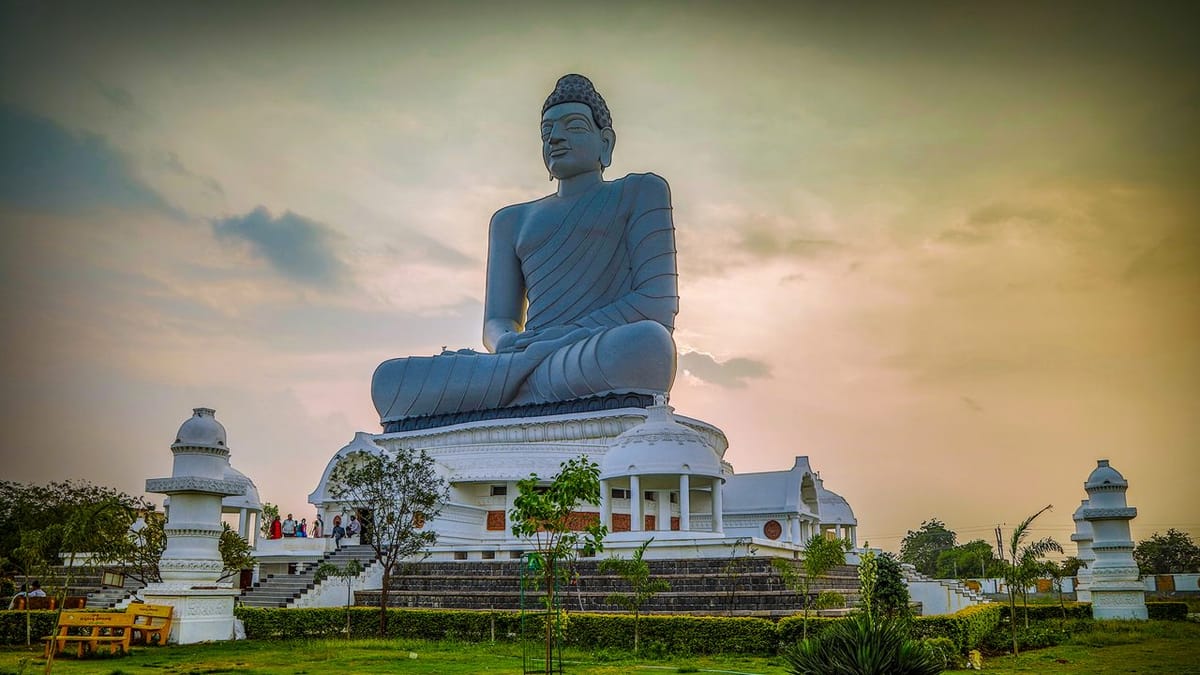Amaravati: A Blend of Ancient Buddhist Heritage and Hindu Spirituality

Amaravati, the new capital of Andhra Pradesh, is a city steeped in history and spirituality. Known for its rich cultural heritage, Amaravati is home to both ancient Buddhist stupas and revered Hindu temples. The city's name is derived from the Amareswara Swamy Temple, a significant Shiva shrine believed to have been established by Lord Indra himself.
The Amareswara Swamy Temple, located on the banks of the Krishna River, is a marvel of ancient architecture. Dedicated to Lord Shiva, the temple features intricate carvings and a marble lingam, symbolizing the deity's presence. Its origins date back to the 4th century AD, during the reign of the Satavahana dynasty, making it a testament to the region's historical significance.
Amaravati also holds a prominent place in Buddhist history. Emperor Ashoka commissioned the construction of a grand stupa here in the 3rd century BCE, which became a center for the spread of Buddhism. The city is believed to be the site where Gautam Buddha first taught the principles of 'Kalachakra,' further cementing its spiritual importance.
Today, Amaravati stands as a unique blend of Hindu and Buddhist traditions, attracting pilgrims and tourists alike. Its historical monuments and spiritual significance make it a must-visit destination for those exploring India's cultural heritage.

